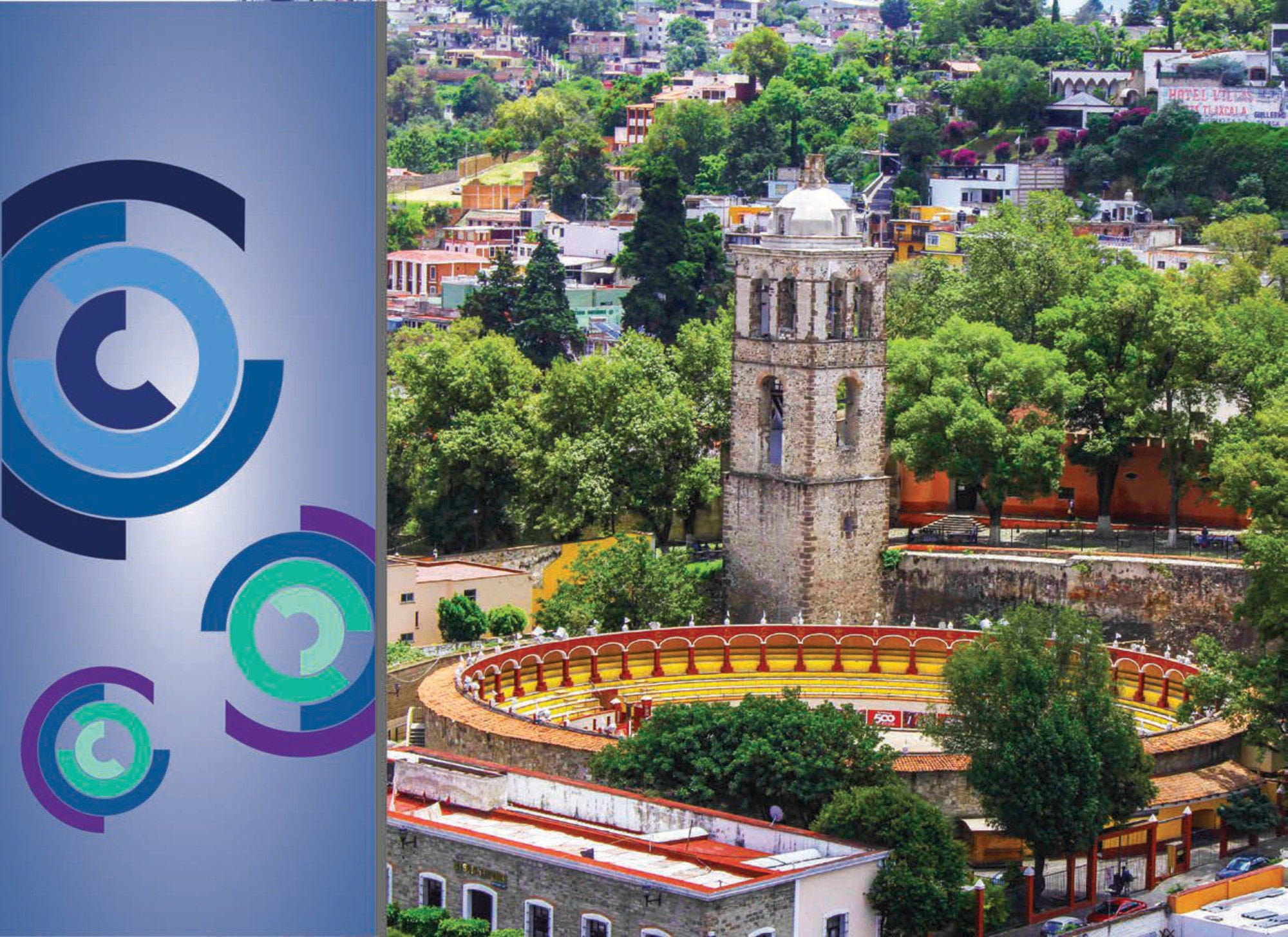Skills are the key to shaping a better future, and central to the capacity of countries and people to thrive in an increasingly interconnected and rapidly changing world. Megatrends such as globalisation, technological advances and demographic change, compounded by the effects of the COVID‑19 pandemic, are reshaping work and society, as well as the types of skills most in demand in the labour market.
OECD Skills Strategy projects provide a strategic and comprehensive approach to assess countries’ skills challenges and opportunities and help them build more effective skills systems. The OECD works collaboratively with countries to develop policy responses tailored to each country’s specific skills needs. The foundation of this approach is the OECD Skills Strategy Framework, which allows for an exploration of what countries can do better to: 1) develop relevant skills over the life course; 2) use skills effectively in work and in society; and 3) strengthen the governance of the skills system.
This report, OECD Skills Strategy Tlaxcala (Mexico): Assessment and Recommendations, identifies opportunities and makes recommendations to strengthen the skills of youth, foster greater participation in adult learning, use people’s skills more effectively to raise productivity, and strengthen the governance of the skills system in the state of Tlaxcala, Mexico.















